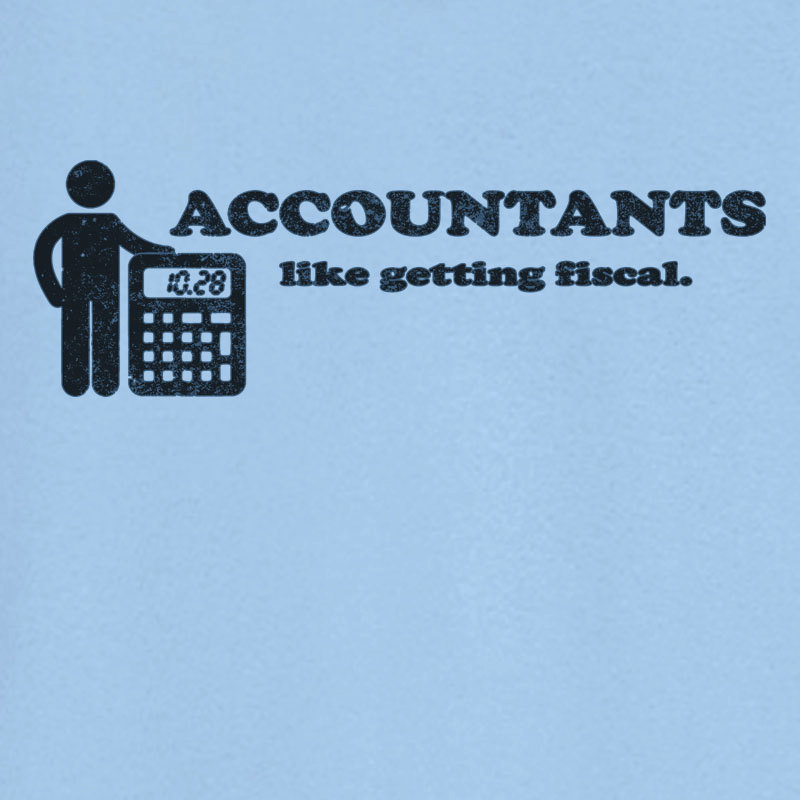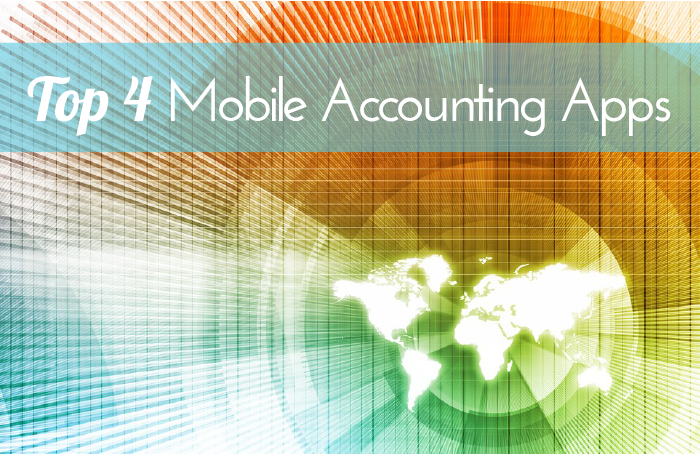What is revenue recognition?
When do you recognize revenue in your reports, statements, and forecasts? Ideally, customers pay for products or services at the time of purchase, and the company gets to record those earnings. But there are situations where a seller takes time to deliver the goods.
For full revenue recognition, the revenue-generating activity (e.g., a sale) must be fully or essentially complete for it to count as revenue during a given accounting period. The revenue recognition principle serves as a solid guidepost.
Revenue Recognition Principle
Based on the revenue recognition principle, revenues are recognized when they are both earned and realized—not when a business receives money.
If you’re confused, don’t worry. It’s not every day that you’re sifting through tax and accounting services lingo (unless you’re a professional “nerd” like us).
How do you recognize revenue?
The straight-up definition of revenue recognition might be a little confusing, so let’s dissect what it really means (insert mad scientist laugh here).
- Revenues are recognized when they are earned: This means a buyer and seller have not only agreed to transfer assets but the seller/company has also accomplished what entitles them to the revenues.
- Revenues are recognized when they are realized: This means the company has obtained a cash payment or the payment is reasonably assured in exchange for products, merchandise, or other assets.
Objective Test: Sales
Sales provide a verifiable measure of revenue: the sales price. If you attempt to recognize revenue before you make an actual sale, you open the door to wide interpretations. Sales provide an objective and uniform test for revenue recognition.
What is expense recognition?
On the flip side, when do you recognize expenses in your accounting documentation? The IFRS says, “Expenses are decreases in economic benefits during the accounting period in the form of outflows or depletions of assets or incurrences of liabilities that result in decreases in equity, other than those relating to distributions to equity participants.”
Expense recognition is about converting an asset into an expense once the asset has been consumed.
Expenses can be recognized immediately, such as:
- When you buy office supplies
- When you purchase a company laptop at a price under the company's capitalization policy
This can happen in situations where the cash basis accounting model is used.
Expenses can also be delayed, such as:
- When you prepay for a year of rent
- When you pay for an insurance policy in advance
This can happen where the accrual accounting model is used. To tie revenues and expenses together, the matching principle says companies should report expenses at the same time as the revenues they are related to.
Why Is Expense Recognition Important for Companies?
It costs money to produce goods and provide services, and businesses frequently absorb these costs well in advance of making a sale. But by trusting the accounting model that matches your business needs (accrual or cash basis accounting), you can record revenues and expenses at the right times—not just when you receive or pay cash.
After all, shifting when you recognize expenses could make your business look more profitable than it is across accounting periods. But expenses offset your earned income, so they help you define how profitable you are during each accounting period. By tying revenues and expenses together appropriately, your income statements will be an accurate reflection of revenue- and expense-generating activities.
You better recognize!
You want your reports and statements to be as accurate and as transparent as possible. Making sure you've recognized revenue and expenses at the right times will help you grow your business as you look for investors and satisfy shareholders.
Have a question about tax and accounting services? Need an expert partner to get your house in order? Get in touch with us. And if you aren’t sure if an outsourced partner fits the bill for your company, download our guide, Should I Outsource My Accounting Services? [With Checklist] to find out.





![Basic Accounting Terms: Collection and Recording [Infographic]](https://www.ignitespot.com/hs-fs/hub/396263/file-2472401818-png/basic_accounting_collecting_and_reporting_featured_image.png?width=960&length=960&name=basic_accounting_collecting_and_reporting_featured_image.png)









